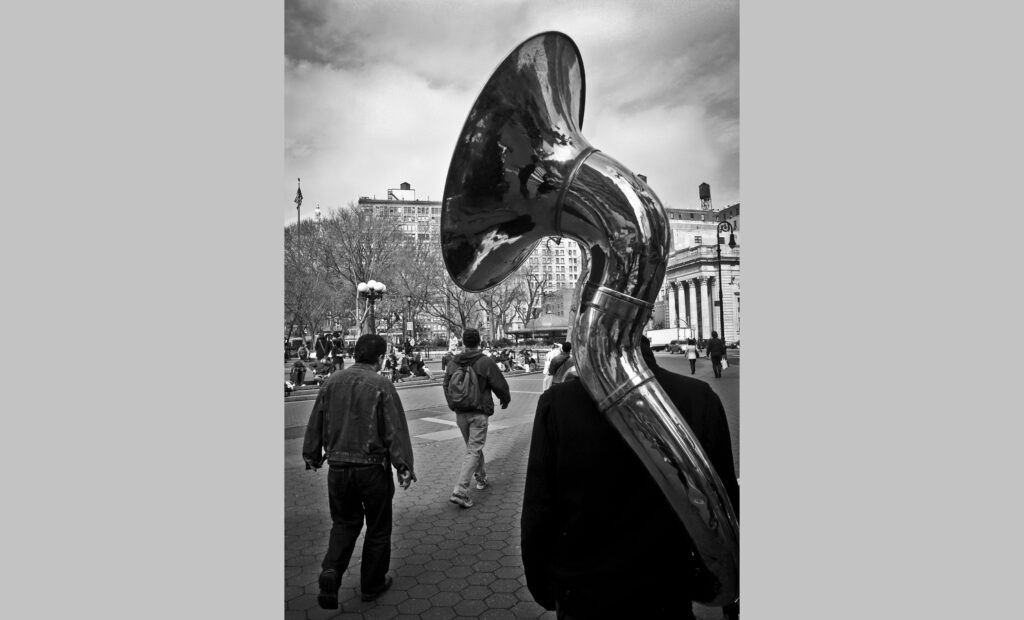(Almost) Ten Tips to Help You Through Finals and Juries
By Hermes Camacho

It was around this time, not that long ago, that I was a stressed out, seemingly overworked, exhausted music major. I was getting ready for final exams and juries — the latter being the worst part for me — and I did not know the best way to prepare for anything. Having now having been the teacher causing some of this anxiety for the last 10 years (as both graduate student instructor and lecturer), I’ve come to see that not only have things not really changed for the students, but not much has really changed in terms of being prepared as a student.
Besides not forgetting to eat, sleep, and drink plenty of water (easy on the coffee), here are a few basic tips on setting yourself up for a more successful set of Final Exams or Juries.
1. Stick to your general routine.
Just because it’s a Final Exam doesn’t mean it’s time to go overboard by disrupting what’s worked well in the past. If you’re used to grabbing a coffee or tea and light breakfast, do that. If your Final Exam is at a slightly different time, plan for that — move things around in your schedule enough so that it fits in the modified schedule.
2. Sleep.
An unending number of studies have shown that getting a good night’s sleep before an exam can lead to higher test scores and performance. Especially in music courses, where you’re literally graded on performance, try to nab at least 7-8 hours the night before so that all that studying pays off the next day.
3. Don’t. Cram.
The words of every teacher in the entire world. I warn students against this every semester. While many heed my words, many more still hope for the best. You (hopefully) wouldn’t wait until the night before a performance to do the bulk of your practicing, so don’t do the same for any of your exams. Space studying out over several days, focusing first on the things with which you struggle the most. Like practicing, you don’t get better by practicing the things you already play well, but taking the time on the things that you don’t.
4. Remember to breathe.
It clears your head and helps to keep you calm, whether it’s a performance jury or a dictation exam. This is especially true of string players, who’ll often hold their breath during difficult or anxiety-inducing passages. I know this, because I’m a string player. When I was an undergrad, we incorporated yoga breathing into our orchestral rehearsals and it made a noticeable difference.
5. Don’t leave anything blank.
This is so true of any exam — ALWAYS GUESS! — but this is especially true in dictations. It’s also much better to do this early in each dictation. Think about this: do you think it’s easier to a) listen to a dictation and pluck the notes from thin air, ensuring each note is absolutely correct before writing; or b) write something in every beat and space, and then go back to make corrections on anything you might have missed? My students have shown significant improvement doing the latter because you allow yourself to take advantage of not just hearing but seeing, as well.
6. If it’s a dictation exam, listen to the whole playing.
Take at least one hearing to listen to the whole dictation — don’t stop to write something in detail on your paper. Often times, this helps to make sense of the whole mess. At the very least, don’t give up halfway through just because you lost track.” Keep listening, try to hop back on, and then write something down.
7. Breathe between and during each hearing of a dictation exam.
Breathing calmly helps you to avoid panicking, much in the same way this helps during a performance. Stay relaxed.
8. Bring a second pencil, eraser, and blank manuscript.
The blank manuscript is especially useful to jot down “drafts” on your first couple of hearings. More often than not, your pencil will break at the worst possible time — right in the middle of a hearing. Even if you don’t end up using any of your extra materials, it’s nice to know that you have them just in case you do. #peaceofmind
9. Before a listening exam, go to a practice room (or other private space) and sing.
Practicing something as simple as solfege scales or simple rhythms is easy to do. Warming up musically will get you in a better mindset for taking your listening exam. The breathing and physical act of producing sound also gets the blood flowing, especially to your brain. And if it’s early in the morning, few things wake you up sooner than this! (Of course, a run around the building might do a better job of pulling you out of sleepwalking stage, but it does little for warming up musically — plus, who wants to sweat before an exam?)
10. Don’t forget to breathe.
Have I mentioned that yet?
Follow Hermes on Twitter @HermesComposer.